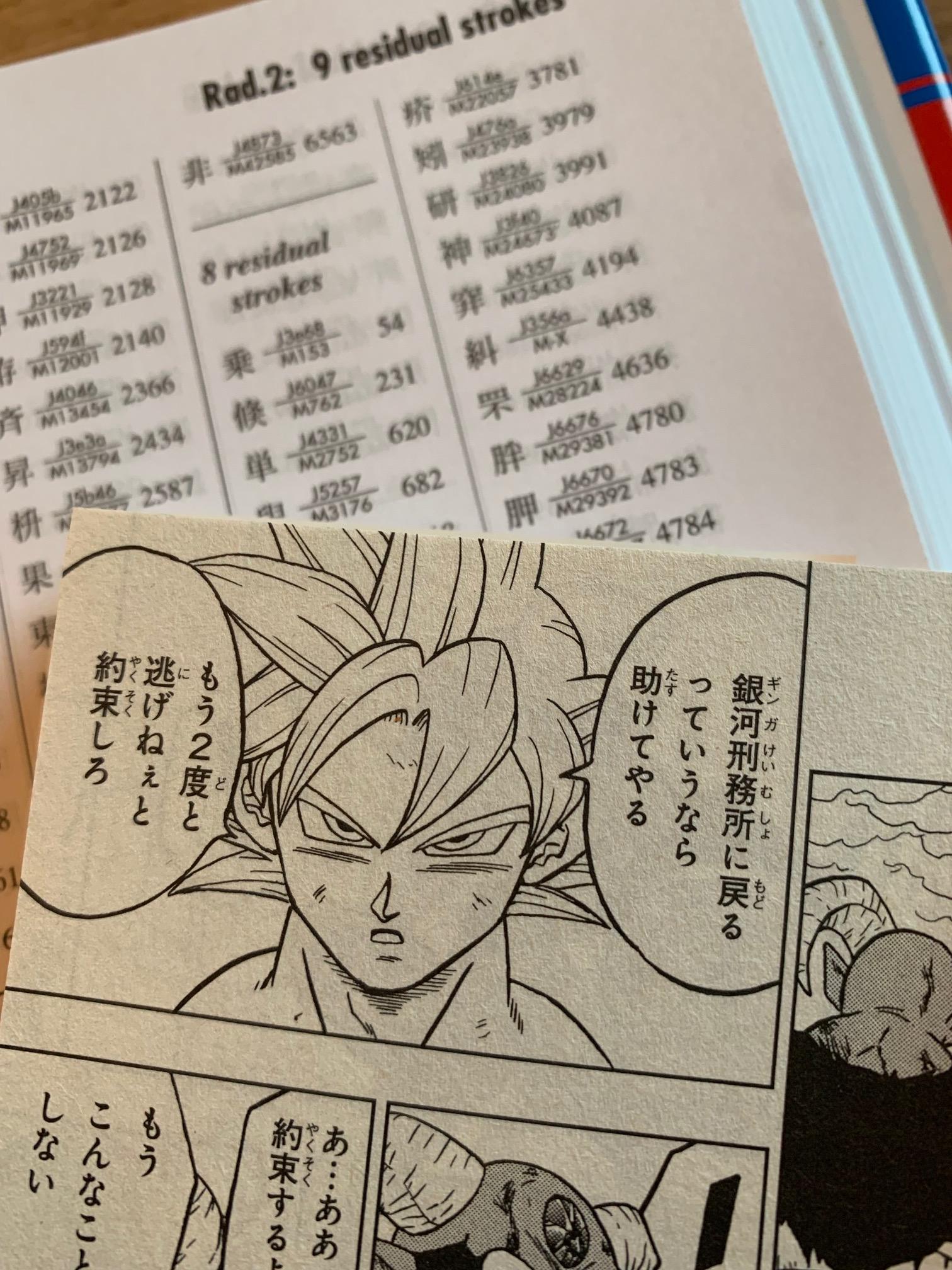Goku (the character speaking) says “~ni modorutte iunara” here, and I’m not sure what it means.
I can only guess the “iu” means “say” and the “nara” is used to state an authorative truth, but that only makes half sense.
Translations of this are not literal enough (“if you agree to go back to …”) to understand the grammatical nuances here.
What does it really decompose to?


“nara” is used to state an authorative truth-- I'm sorry but I don't understand. Have you looked up なら in a dictionary? eg jisho.org/search/%E3%81%AA%E3%82%89